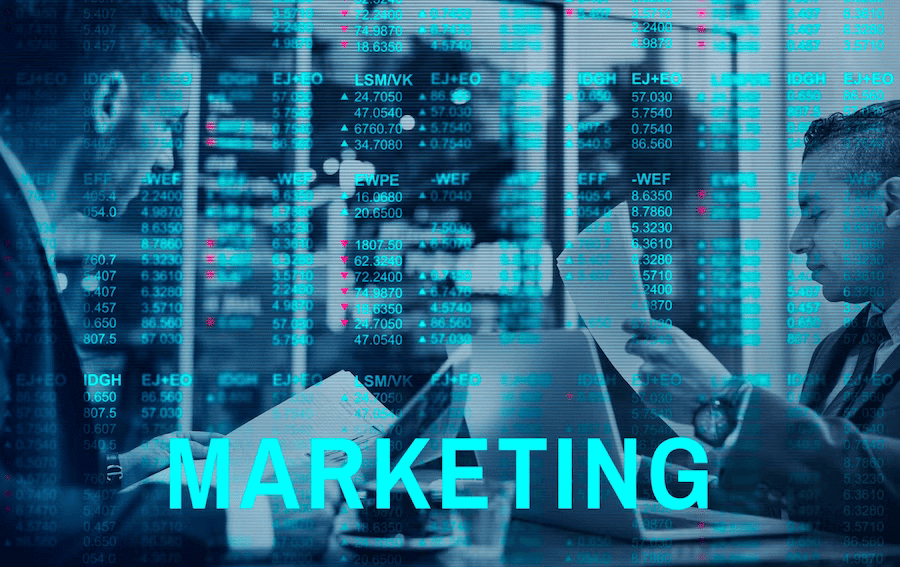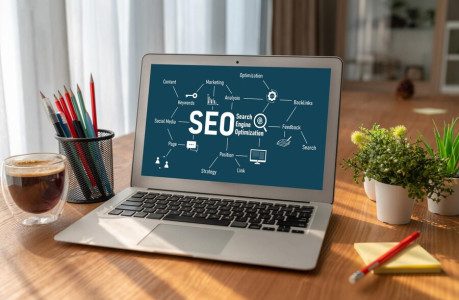Growth Marketing Vs. Digital Marketing: Which Delivers ROI

In the contemporary digital era, marketing strategies have transcended traditional advertising paradigms. Contemplating which marketing method offers the most advantageous return on investment? You’re certainly not alone.
While ‘growth marketing’ and ‘digital marketing’ are frequently viewed as synonyms, they present distinct methodologies. Scalable growth marketing is inherently data-centric, emphasizing customer acquisition and retention. Conversely, digital marketing prioritizes lead cultivation and brand visibility.
Your strategic choice should align with your overarching business goals. Growth marketing might be the ideal route if your ambition is to broaden your customer demographics. Conversely, for lead generation, digital marketing could present superior outcomes.
This article dives into the nuances and advantages of each approach, guiding you to a decision tailored to your enterprise’s needs.
What Is Digital Marketing?
In order to strengthen brand-customer relationships and boost conversions, digital marketing promotes goods and services through digital channels like social media and mobile devices.
The plan calls for producing pertinent content, improving search engine placement, and interacting with customers via a variety of channels.
With a focus on the awareness stage of the sales funnel, its main goal is to increase a brand’s reach and develop a market for its goods or services.
Digital marketers assist businesses in achieving their marketing objectives by raising brand awareness.
What Is Growth Marketing?
Growth marketing is a comprehensive marketing approach that aims to acquire and retain customers by targeting all stages of the buyer’s journey across multiple marketing channels.
It uses creative and data-driven tools to address users’ unique needs, pain points, and questions. The process involves a complete re-evaluation of how businesses attract, convert, and retain customers.
Growth marketing agency focuses on rapidly scaling companies by applying innovative approaches to test new buyer journey theories and achieve business growth.
Growth Marketing Vs. Digital Marketing:
| Criteria | Growth Marketing | Digital Marketing |
| Focus | Retaining existing customers to drive referrals & revenue | Capturing new customers, converting them and boosting retention |
| Marketing channels | Strategic mix of digital and traditional marketing channels | Exclusively digital channels such as social media, emails, etc. |
| Funnel | Emphasizes the entire funnel, attracting, engaging, and retaining customers | Primarily focuses on the top of the funnel, generating leads through awareness and user acquisition |
| Budget | Highly data-driven, with a focus on experimentation and ROI optimization | Predetermined budget for strategies such as Google Adwords and display campaigns with basic ad copy |
| Strategy | Innovative and out-of-the-box approaches, hit and trial methods | Creating pertinent content, optimizing for search engines, and engaging across multiple channels. |
| Success Measurement | Precise goal-setting, constant monitoring, and ROI optimization | Measuring online traffic and boosting awareness and user acquisition |
| Customer Relationship | Creating long-term relationships with customers to drive growth | fostering connections with customers and brands to increase conversions |
Which Delivers Roi?
In today’s digital age, businesses need to stay ahead of the curve and reach customers where they are – online.
Digital marketing has become an integral part of marketing strategy, but does it deliver a good return on investment (ROI)?
While there are a few benefits of digital marketing, it may not be the best long-term play for ROI.
On the other hand, growth marketing may provide a better ROI. Growth marketing focuses on the entire customer journey and uses data to inform marketing decisions.
It is buyer persona-focused and aims to reach the people your product or service helps the most. This means leads are qualified, and the right message is reaching the right people.
Unlike digital marketing, growth marketing is not campaign-driven. Instead, it is continually optimized to enhance existing campaigns or pivot when change is needed.
This allows businesses to track conversions and conversion rates for an overall picture of their marketing efforts. Growth marketing is scalable and can grow with your business.
Moreover, growth marketing affects all six levers of growth – Awareness, Acquisition, Activation, Revenue, Retention, and Referral. This is significant because it allows you to track and gauge ROI throughout the customer lifecycle..
Your customers become your best marketers, and referrals are a big part of growth marketing.
How Growth Marketing Leverages Digital Marketing Tactics To Achieve Your Objectives:
In essence, growth marketing and digital marketing are not mutually exclusive but rather work together to achieve your business goals. Digital marketing provides the means to reach those goals while growth marketing serves as the map to plan the route.
Growth marketing utilizes digital marketing tactics more strategically to optimize the budget and achieve desired results, from attracting visitors to retaining and up selling existing customers. To succeed in the digital world, both digital and growth marketing are necessary.
Conclusion:
While digital marketing can generate leads, growth marketing offers a better ROI in the long run. Growth marketing’s buyer persona focus, continual optimization, scalability, and data-driven approach make it a more effective marketing strategy. Businesses can ensure compounding success and sustainable growth by focusing on the entire customer journey and using data to inform marketing decisions.
Read More:


























Leave A Reply